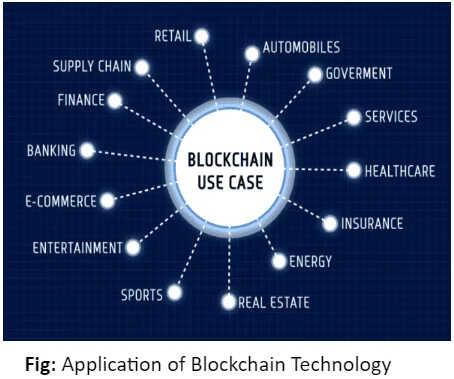![]() June 11, 2024
June 11, 2024
![]() 1303
1303
![]() 0
0
Blockchain technology, initially developed for Bitcoin, has evolved into a decentralized ledger system with applications across various sectors. Its distributed nature and transparency offer secure record-keeping solutions, reshaping industries worldwide. From financial services to healthcare and governance, blockchain’s potential for revolutionizing transactions and data management is vast and continuously expanding.

Non-Fungible Token (NFT)[UPSC 2022]
Some examples of NFTs are
|
| Must Read | |
| Current Affairs | Editorial Analysis |
| Upsc Notes | Upsc Blogs |
| NCERT Notes | Free Main Answer Writing |
<div class="new-fform">
</div>
Latest Comments